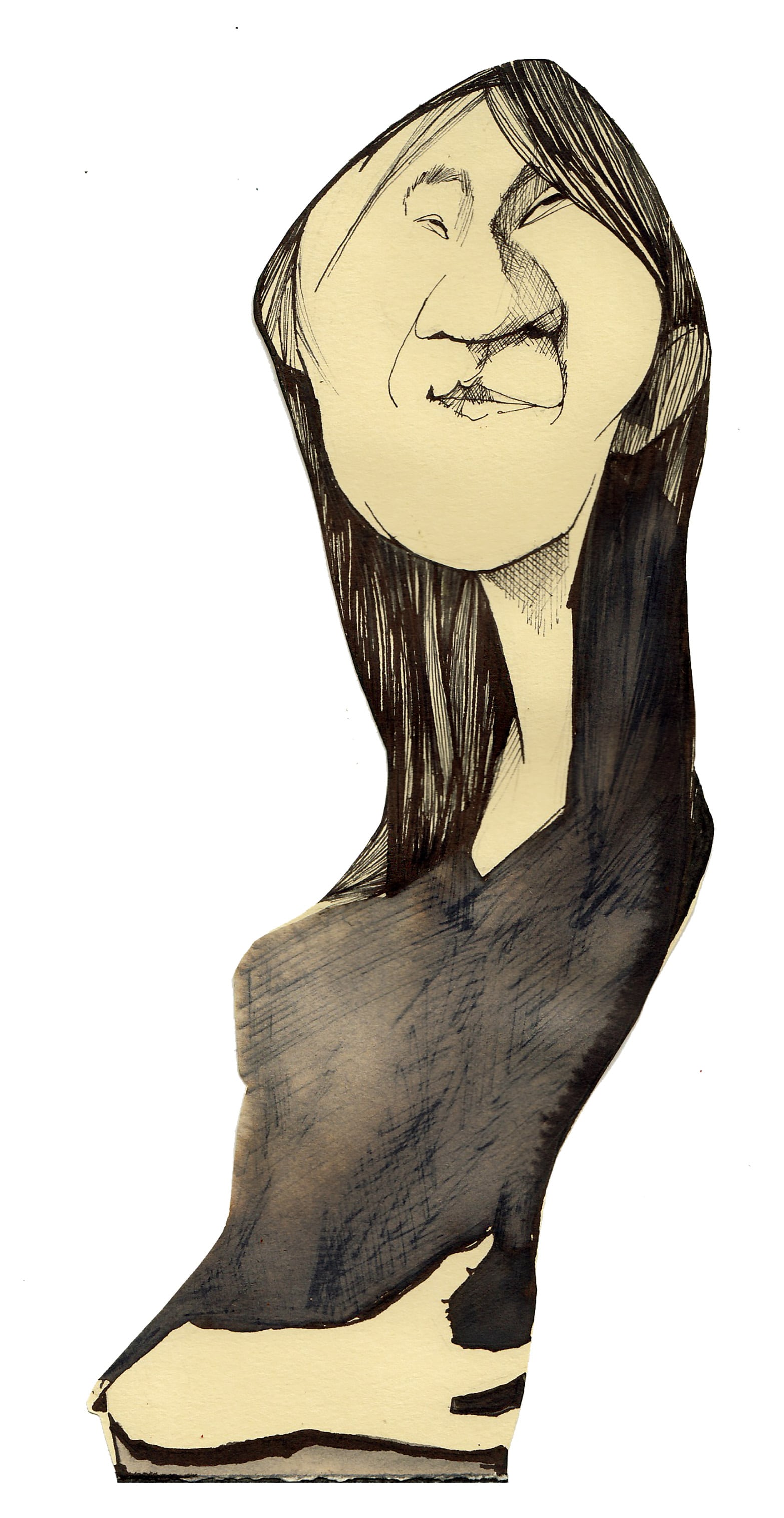In September of this year I traveled to South Korea to participate in the Seoul International Literature Festival. I had never been to that country. Even though there was a significant South Korean immigration in Buenos Aires in the 90s and we are one of the few countries that has a “national Kimchi day” on the calendar, I did not know their culture. It is true that I have seen many movies and series, but I knew little about its literature. I had read cursed rabbit, by prominent writer Bora Chung; It had impacted me and I remembered those stories perfectly. I had also read an anthology of young authors published by Hwarang, a Buenos Aires publishing house that only publishes Korean writers. That was it. I felt illiterate to undertake that journey, so I started looking for more books and authors.
One of the first names that appeared was Han Kang. The vegetarian It was a reading that I had been thinking about for a long time. I tried to get the book in paper, but the Random House edition was unfindable. Through an e-commerce platform I found a copy of a previous edition of the Bajo la luna imprint, an independent publisher. They were ahead of the curve, and Argentina was the first non-Asian country to translate Han. That excellent translation is by Sun-Me Yoon, a South Korean who arrived in Argentina at the age of 5 and studied at the Faculty of Philosophy of the University of Buenos Aires. The same university that today – allow me to digress – is at risk due to the budget cuts ordered by the president of my country, who is also considering placing economic restrictions on foreigners who, like Sun-Me Yoon, study there.
It wasn’t until I received the copy that I realized that not only was it a used book, but it was also underlined with blue ink, written profusely in the margins, stained with coffee, and wrinkled from other liquids. Although it was impossible to read a book in that state, I did not return it. I went for my second option, the e-book; but I was wrong and bought it in its Catalan version. Finally, the third time was the charm, and I started reading.
The reading of The vegetarian It was an extraordinary experience, for the prose, for the story, for the characters, for the voices. Forceful and delicate at the same time, reading it shocked me. I stole hours of sleep and finished that same day; It also helped me learn about the situation of women in South Korea. That the protagonist declared herself a vegetarian was not only a question of diet, but rather it was about breaking with the mandates imposed by tradition. Food is a very important ritual for Koreans, so much so that instead of asking ‘How are you?’, they ask ‘Have you eaten?’ And no, Yeonghye, our vegetarian, has not eaten, nor does she want to eat, nor will she eat no matter how much she is forced.
Literature Day is celebrated on October 9 in South Korea. Perhaps it was an omen because on the 10th the Nobel Prize was announced and one of its most notable voices received it. I got up early to hear the announcement. I like that ceremony in which, at the appointed time, the wooden door opens and someone begins to speak in a language that I do not understand, until they pronounce a proper name and I manage to make sense of it. Sometimes it’s about a writer I haven’t read. This opportunity was not like that: when in the middle of Swedish words I understood Han Kang, I was happy. And I needed to share that happiness. I wrote a short message to Bora Chung, and we exchanged joy. I imagined every single person I met in Seoul talking about it. I wrote to a couple more, but I needed to talk to some Han readers in Spanish. Then, I remembered the underlined book, the one I couldn’t read because it was so heavily used. I looked it up and looked through its pages.
Based on the brands, I talked to the person who owned it (I bet she was a reader). “The invisibility of women as erotic bodies,” he had written along with the underlining of: “Before my wife became a vegetarian I never thought she was a special person. To be frank, I wasn’t even attracted to it the first time I saw it.” I agree, but I add in black pencil that it will soon become an erotic body, in front of a man who looks below his waist for “the Mongolian stain.” A little further on, next to “… He sat at the breakfast table, but didn’t eat a bite.” the anonymous reader asked herself “madness?” And I write with pencil: “resistance.” “They speak for her, the protagonist has no voice,” he complained in another section. I correct: he speaks through his dreams. I look for more underlined words: sex, bra, blood, heat, nipples. He underlined mine with pencil.
I wonder if that reader already knows that Han Kang won the Nobel Prize, she asked me if she regretted having sold the book that is now mine. I appreciate the talk. I know that in the bookstores of Buenos Aires I will soon find all of Han’s books that are not there today. But it bothers me to depend on editorial times, and I leave for the house of a friend who promised to lend me human actshappy because I still have other books by the brand new Nobel to read.

